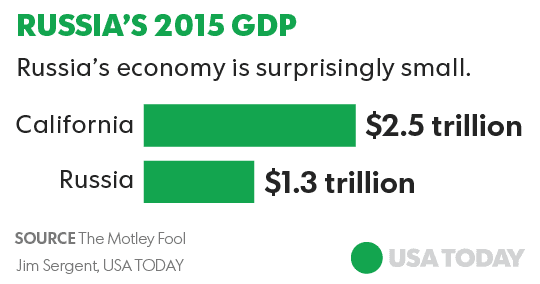It can be appointed different ways, the only thing which is IMO important is that people trust it. Let's say it is selected from pool of candidates with strict requirements to pass. By some figurehead or AI, whatever.
Why should people trust someone or something that is not answerable to them, not even in theory?
The one who selects won't have much power anyway, it would rather be a position with a lot of responsibility.
You're kidding.
Кадры решают все! And by extension, he who appoints the personnel, pulls all strings.
The digital world is here already, and the legislation to deal with it already existed.
The new data protection package replaced a directive from 1995. Do you remember how very digital the world was in 1995?

EDIT: Worth a trip down the memory lane:
http://www.complex.com/pop-culture/2013/05/the-15-best-gadgets-from-1995
This new legislation was unnecessary for the common citizen. It came about through the pressure of certain business groups. And it imposes big costs on other businesses (the smaller ones) thus having the effect of erecting a "barrier to entry". Much of it is fluff, but already there is an industry of consultants scaremongering and ready to sell "compliance with the new regulation". The big businesses will put their existing legal departments into this task and be done with it, the smaller ones will have to spend comparatively a much larger fraction of their resources just to understand what the whole thing is about.
I've seen this before. Also with national legislation, so don't thing I'm complaining because of my aversion to the EU. What I'm complaining about is how often legislative processes get taken over by business lobbies under technocratic excuses. That the EU is particularly offensive at doing this is a consequence of its profound lack of democratic oversight (back-room deals and lack of input from elected representatives answerable to interested voters is the norm there), but it happens in national and possibly even local legislative work too. It's just that the closer that work remains to the affected population, the easier it is that the intended targets will notice it and block or overturn the thing.
I'm ill-equipped to make an informed argument about how useful this new legislation is to the common citizen... like 99,99% of other citizens, I'm afraid. This is symptomatic of the problem today's democracies face.
However, I think you are overstating the power of business lobby, nor do I agree with "lack of democratic oversight". EU legislation represents a compromise between governments of 28 Member States (democratically elected) and the EP (also democratically elected).
Indeed I look at every such compromise with awe, because reaching one is a small miracle in its own right. With regards to this particular regulation, the Commission is required to submit a public report on the evaluation and review to both EP and the Council in every four years. If this isn't enough democratic oversight for you, then we're screwed. Because I can't see how any more could be injected. Yes, you could take decision-making closer to "the people", back to national or even local level. But don't confuse ability to pass laws with ability to actually enforce them. How well do you think your national government (or mine) could enforce its national data protection rules against Google, Amazon, Facebook or Alibaba? That's right, they wouldn't even bother to lobby. I'm naming giants, but it's not like smaller companies from third countries would have any reason whatsoever to comply either.
This is why people who talk about "taking back sovereignty" are bloody delusional fools. The EU as a whole
just might have enough hard and soft power to make a difference though.




